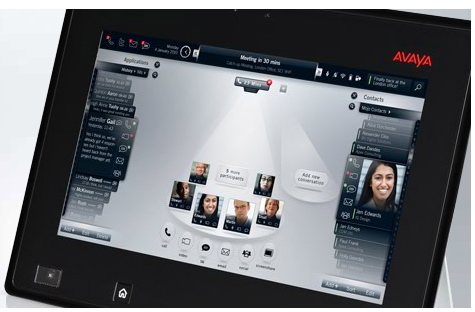This topic came up at the Intel Software Strategy Summit. New pay-for-use and pay-for-your-use-if-you-choose-ads models seem to be practical and balanced.
I really think that using spectrum (our precious and limited public good) for entertainment is a bad idea. Congress should insist on extracting bandwidth auctions from broadcasters. Communications is where the shared public good is best achieved. Broadcast could be turned into a communications service. In fact, it would be more efficiently utilized if it were a communications service.
The 500-channel universe of the cable and satellite networks is but a taste of the potential. It is more efficient to send only those channels and programs that you are actually watching at this moment, instead of the usual bombardment of sending everything everywhere regardless of whether you are tuned in or not. This is the world we need: an on-demand entertainment and educational environment that gets paid when we watch.
Regardless of whether advertisers pay for the environment or not, it would be useful and valuable to approximate the Google model. For example, consumers agree to watch a show. They pay $4.00 for the show and at the opportunity for an ad, they can click to watch the commercial from a list of advertisers, who reimburse your show expense or continue to watch the program. Sort of a opt-in advertising model, not unlike the Google experience.
Advertisers pay for the program, but only if people watch the ad. Either way, the content value chain is paid for their content, and the bit-pushers (cablecos, satellitecos, telcos) are paid for their commodity service delivery and accounting management.









